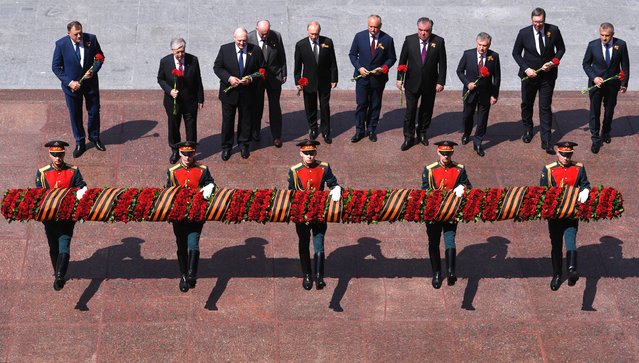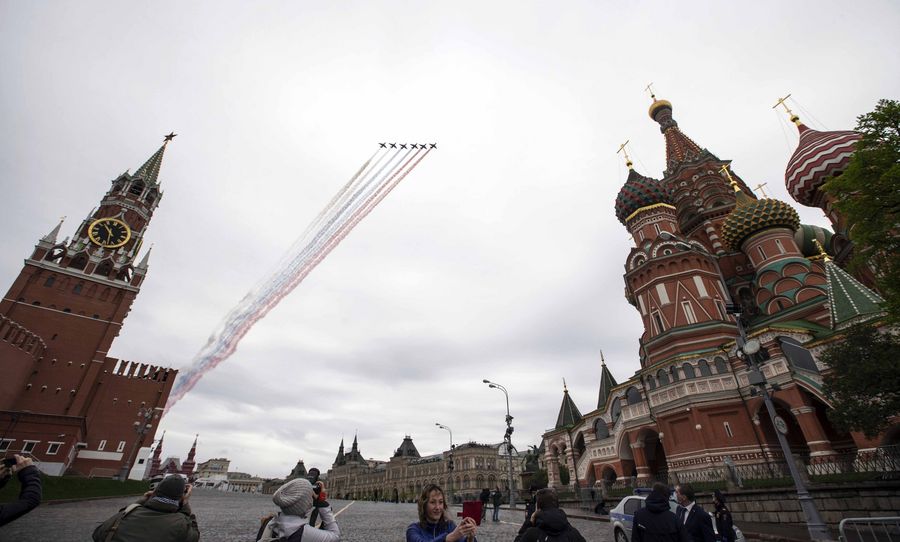

It is no coincidence that the disinformation campaign surrounding Victory Day has permeated beyond Russian borders. Denis Volkov, a sociologist at the Levada Center noted, “The appointment of a purely symbolic date, stripped of unnecessary negative connotations, results in the fact that the more distant the event in question becomes, the more it is devoid of a historical context.” By twisting the historical context of Victory Day, emphasizing the nation’s military power and refusing to acknowledge the negative aftermath of WWII within Russia, Putin has successfully turned Victory Day into a vehicle for nationalistic propaganda. It is no coincidence that the disinformation campaign surrounding Victory Day has permeated beyond Russian borders.Īdditionally, Putin has utilized Victory Day to showcase Russia’s military strength by parading new weapons systems through Moscow. Instead, the characterization of Russians as “a generation of heroes and winners” fits the narrative of being a world power. In 2017, Putin demonstrated this national pride, stating, "We feel a piercing blood relationship with a generation of heroes and winners.” These words create distance between Victory Day and the negative consequences of Russian victory in WWII.

Speeches have gravitated toward celebrating the country’s victory instead of remembrance for the great loss of life. Notably, President Vladimir Putin has introduced a new connotation surrounding the holiday’s events. However, rituals and rhetoric associated with Victory Day have recently shifted. Widely celebrated throughout Russia, one-third of the population claims it as the most important holiday of the year. Victory Day is a public holiday that marks the Russian victory over Nazi Germany, honoring Russians who lost their lives between 19. This goal is furthered every year on May 9, otherwise known as “Victory Day.” However, Russia seeks to establish this same sense of homegrown nationalism in nearby states that appear vulnerable to Western influence. These grand displays are visible demonstrations of domestic Russian nationalism within Russia.

Upon my visit to the world-famous Hermitage, I came across an entire room filled with paintings dedicated to brave Russian soldiers who died fighting Western European countries. Monuments such as The Narva Gate and the Alexander Column celebrate Russian victory over Napoleon’s France. The ongoing Russian narrative of being a great world power was evident from the moment I stepped foot into the city. During my spring 2018 semester abroad, I came across an opportunity to visit a fellow student studying in Saint Petersburg.


 0 kommentar(er)
0 kommentar(er)
